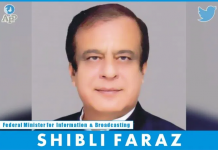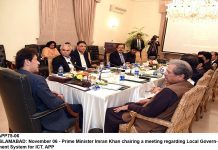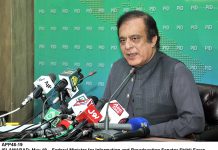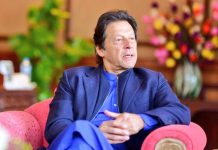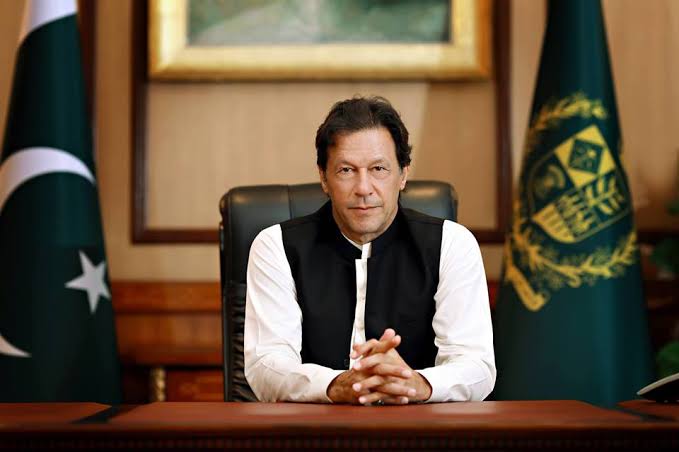RIYADH: A suicide bomber who blew himself up near the United States consulate in Jeddah early on Monday has been identified as a Pakistani citizen, the Saudi Interior Ministry said on Tuesday.
The ministry identified the man as 35-year-old Abdullah Gulzar Khan, who worked as a driver in the kingdom. Khan had been living with his wife and her parents in Jeddah for 12 years, the Interior Ministry said in a tweet.
Early on Monday, security officers became suspicious of a man near the parking lot of Dr Suleiman Faqeeh Hospital in Jeddah, which is directly across from the US diplomatic mission. When they moved in to investigate “he blew himself up with a suicide belt inside the hospital parking”. Two security officers were lightly injured in the incident. Interior Ministry spokesman General Mansour al-Turki had told state Al-Ekhbaria news channel that the bomber was closer to a mosque in the area than to the consulate.
The ministry said in the statement published on the official SPA news agency that the bomber’s explosive belt had “partially” exploded.
The US embassy in Riyadh reported no injuries among the consulate staff.
A picture carried by the Sabq online newspaper, which is close to authorities, showed a large body part lying on the ground between a taxi and the open door of another car that was peppered with holes. The attack coincided with the US July 4 Independence Day holiday. The bombing in Jeddah was the first of three attacks to have hit the kingdom on the same day.
There were no immediate claims of responsibility for the bombings one of which, at the Masjid-i-Nabawi in Madina, left four members of the security forces dead and others wounded.
Since late 2014 Saudi Arabia has been hit by bombings and shootings claimed by the militant Islamic State (IS) group, but multiple attacks on the same day are unusual.
Masjid-i-Nabawi in the west of the kingdom is one of Islam’s holiest sites, where Prophet Muhammad (peace be upon him) is buried and which attracts millions of visitors each year.
The mosque is particularly crowded during Ramazan, which is supposed to be a time of charity, but has seen spectacular attacks around the region.
Undeterred by the blast at the sprawling Madina mosque complex, thousands of worshippers performed prayers on Monday night, live Saudi television showed.
Extremists from IS claimed, or were blamed for, a suicide bombing in the Iraqi capital Baghdad on Sunday that killed more than 200 people as well as attacks in Bangladesh on Friday night and at Istanbul’s Ataturk airport last week.
Monday’s bombings in Madina and at near a Shia mosque in Qatif took place simultaneously.
“Suicide bomber for sure. I can see the body” torn apart, said one witness to the attack in Qatif.
Another witness, who gave his name only as Ayman, said there were two explosions near the Shia mosque.
Pictures said to be from the scene and circulated by residents showed a small fire burning in the street, severed limbs and what appeared to be a head.
IS leader Abu Bakr al-Baghdadi has called for attacks on Saudi Arabia, which is taking part in the US-led coalition bombing the militants in Syria and Iraq.
The group also considers Shias to be heretics.
Prime Minister Nawaz Sharif condemned the terrorist attacks and said the government and people of Pakistan were deeply shocked and saddened over the incident.
“Our hearts and prayers are with the victims of the attacks and their families,” the prime minister said. He prayed for early recovery of those injured in the attacks.
Army Chief Gen Raheel Sharif on Tuesday called Saudi Defence Minister Prince Muhammad bin Salman over phone and condemned terrorist attacks in Saudi Arabia.
An Inter-Services Public Relations communique said the army cheif sympathised with the families of attack victims, adding, “We stand shoulder to shoulder with our Saudi brothers in fighting the menace of terrorism.”

